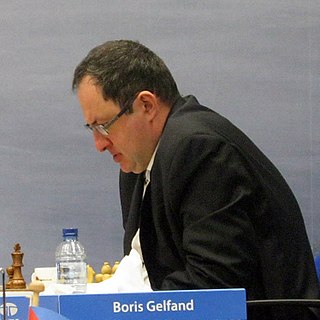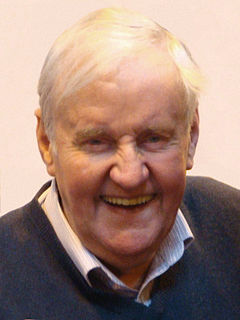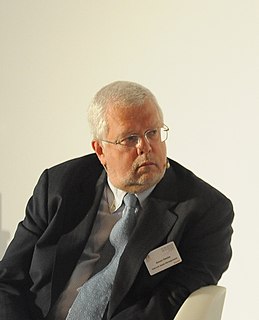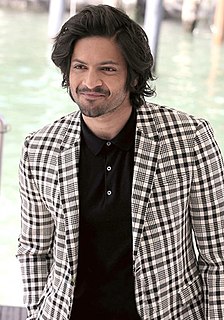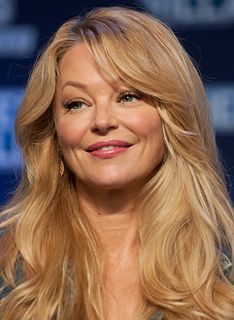A Quote by Alistair Petrie
I never get obsessed with ratings, partly because the Channel series 'Utopia,' which I did, had small ratings but a passionate following, which allowed a second series.
Related Quotes
Every single television product has the ambition to chase ratings, every one of them. Many have other ambitions, for many, ratings are not #1. But my experience on TV, and on the entertainment side, has been entirely ratings-based. When I look at TV I look at ratings. And I never second guess ratings. Never.
I believe that, not only in chess, but in life in general, people place too much stock in ratings – they pay attention to which TV shows have the highest ratings, how many friends they have on Facebook, and it’s funny. The best shows often have low ratings and it is impossible to have thousands of real friends.
Today I said to the calculus students, "I know, you're looking at this series and you don't see what I'm warning you about. You look and it and you think, 'I trust this series. I would take candy from this series. I would get in a car with this series.' But I'm going to warn you, this series is out to get you. Always remember: The harmonic series diverges. Never forget it."
The BBC must never be all about ratings - or even mainly about ratings. In the past year, we have made a raft of terrific programmes which stand comparison with the best the BBC has ever done: 'Blue Planet,' 'Walking with Beasts,' 'Son of God,' 'Clocking Off,' 'The Way We Live Now,' 'Conspiracy,' 'Lost World.
The BBC must never be all about ratings - or even mainly about ratings. In the past year, we have made a raft of terrific programmes which stand comparison with the best the BBC has ever done: 'Blue Planet,' 'Walking with Beasts,' 'Son of God,' 'Clocking Off,' 'The Way We Live Now,' 'Conspiracy,' 'Lost World.'
Notable enough, however, are the controversies over the series 1 - 1 + 1 - 1 + 1 - ... whose sum was given by Leibniz as 1/2, although others disagree. ... Understanding of this question is to be sought in the word "sum"; this idea, if thus conceived - namely, the sum of a series is said to be that quantity to which it is brought closer as more terms of the series are taken - has relevance only for convergent series, and we should in general give up the idea of sum for divergent series.


